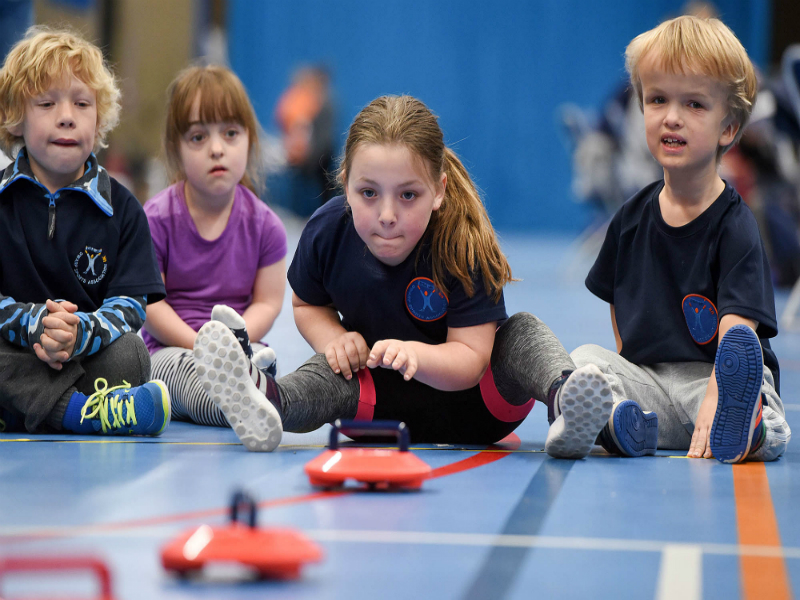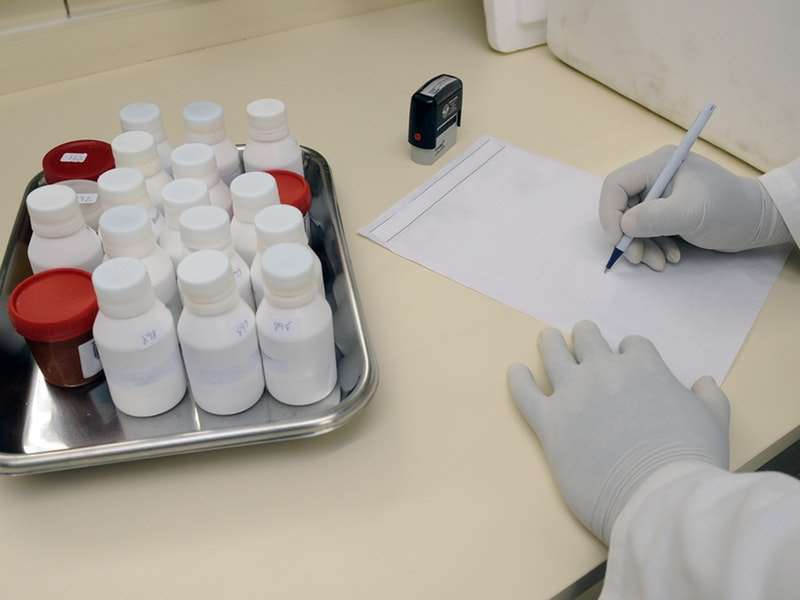Overview
This course will give learners an insight into the procedures that should be followed when taking charge of a person's medication outside of a health setting. It discusses requesting prescriptions, maintaining records, storing, administering and disposing of medication, self-medication and issues that might arise in the administration of medication.
Audience
The course is intended for people who are involved in looking after medication for anyone outside of a healthcare setting, including:
About this course
This course is split into two modules:
Objectives
In this course you will learn about:
Content
Here are some of the topics covered in the modules:
The importance of good record-keeping; What are Medication Administration Records?; What to request on a repeat prescription; The difference between repeat and acute medicine; Treating minor ailments; How to store medicines; The safe disposal of medicines; Administering medication; What to do if someone is unable to swallow; Covert administration of medication; The use of monitored dosage systems; What is secondary dispensing?; The importance of ensuring privacy, confidentiality and dignity; Dealing with controlled drugs; Training for care workers; Reporting errors; Transfers to other settings.





